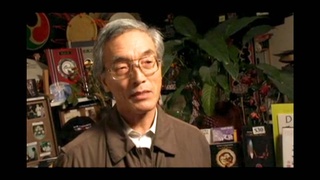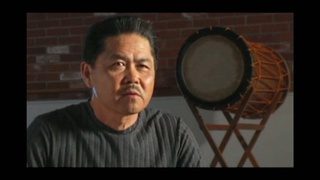Interviews
Parents didn't accept me playing taiko in the beginning
Personally, my parents didn’t have no clue or idea what I was doing. In the very beginning, I was still at home and stuff. “What are you doing?” and stuff like that. First of all, “Why are you working at this Amerasia Bookstore?” and stuff like that. I’m not making any money… Then playing taiko, like, “What are you doing playing taiko? You’re not going to make any money. You got to go and get a real job.” Then I got into playing with Hiroshima—same thing. “Why don’t you go out and get a real job? How you going to make any money.” All that stuff. So even though they say these kinds of things, again, it’s very, very cautious. They’re very nurturing. They want to kind of help you out, but they’re not exactly sure.
The resources in which they’ve had, and in the resources that we had at that particular time, weren’t that many, meaning that there was nobody that I can go and talk to. “How do I get into to do this? How do I get into perform this? How do I make a living being a professional, so-called, musician? How do we do this? How do we gain this access?” So there was none of these resources at that time. So naturally, you’re treading on new water. So then, very cautious of how you went about doing this. So they were very, very concerned. But now I think it’s very accessible. It’s a thing in which taiko, you can gain a lot of people to come out and check it out.
Date: October 15, 2004
Location: California, US
Interviewer: Art Hansen, Sojin Kim
Contributed by: Watase Media Arts Center, Japanese American National Museum





